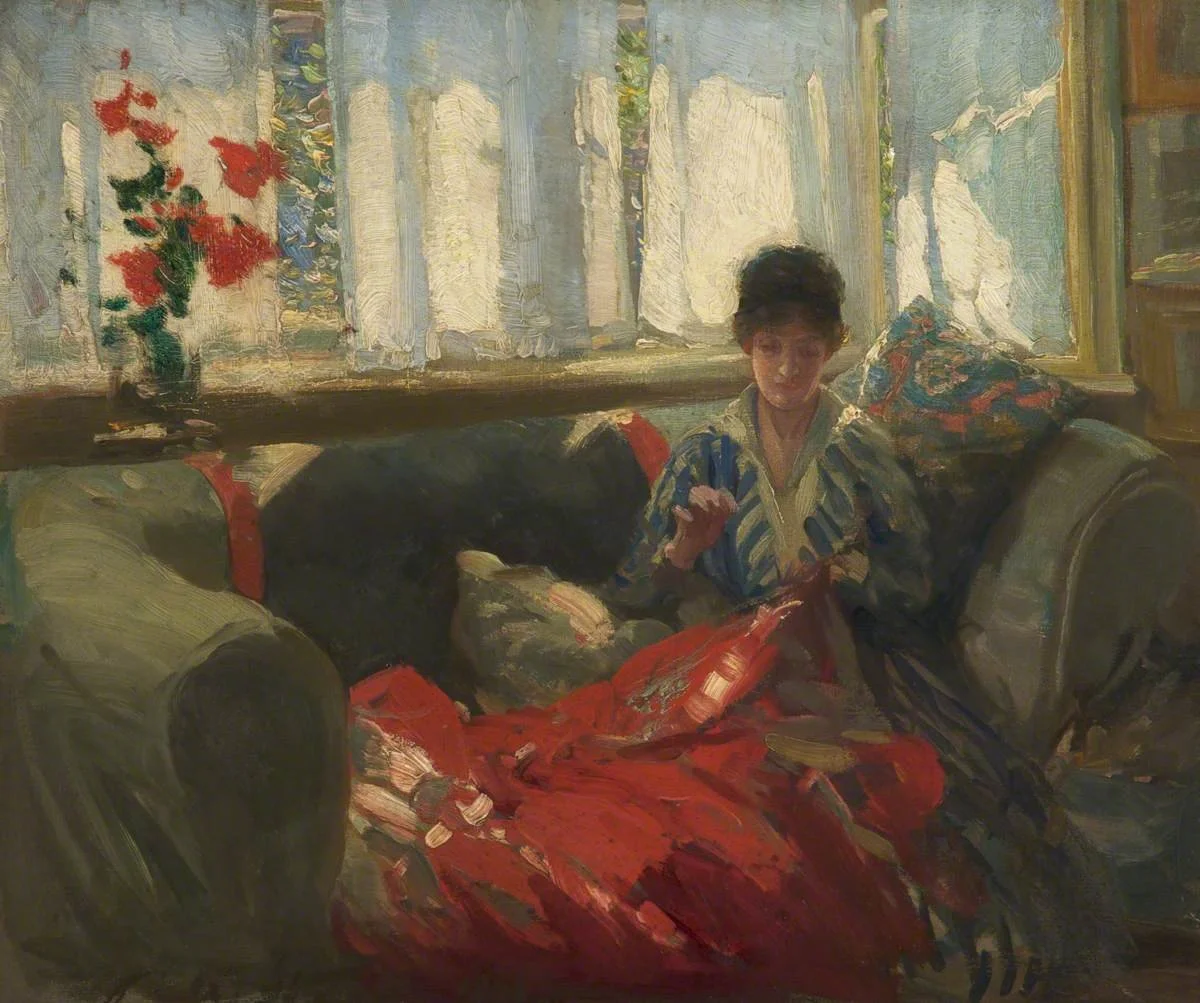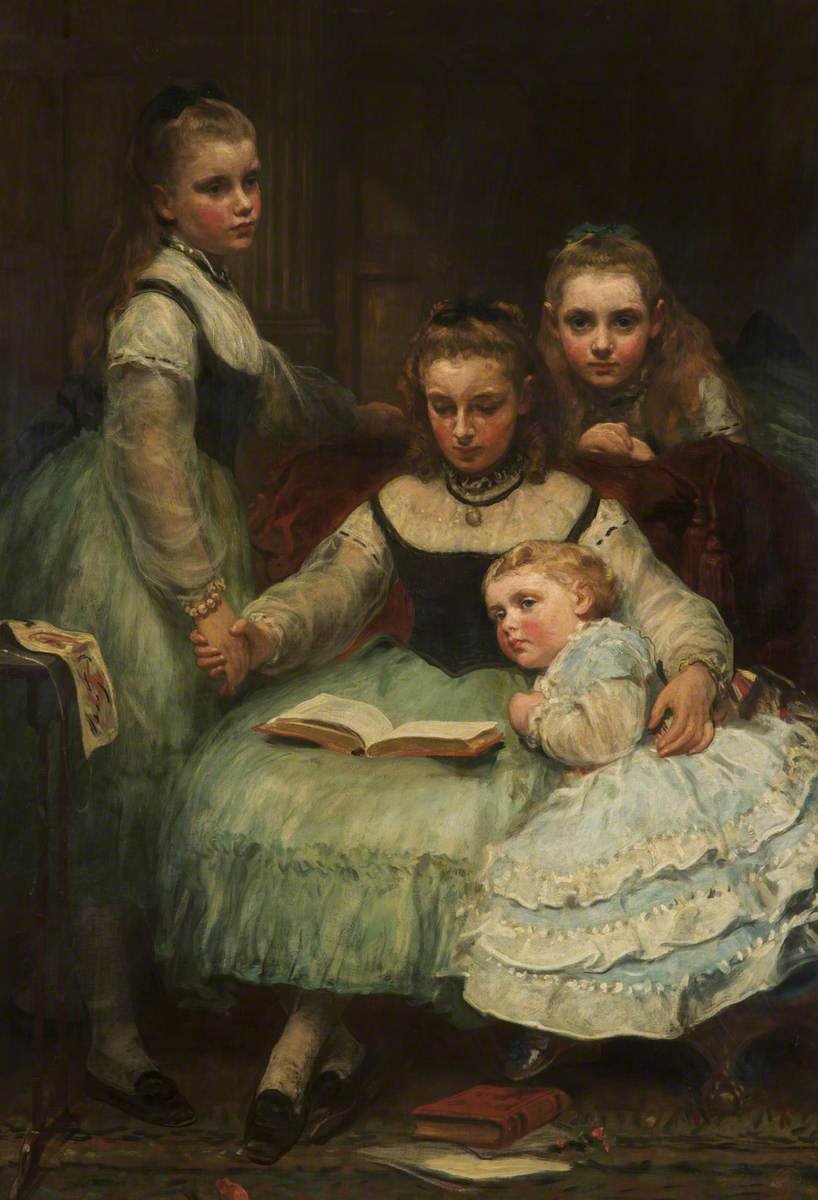A woman behaves badly as wife and mother.
Here is another novel by the great W.E. Norris, for whom see Novels 002, 054, 104, 156, and 209.
“Few novelists of Mr. Norris’s fertility proceed from good to better. But it is a fact that in Marcia he has reached what is so far his greatest effect in art. . . . Never has Mr. Norris been in better form; never has he been so acute and observant; never has he employed his really admirable convention to better purpose. . . . The style is smooth and equable without being monotonous and fatiguing, and almost every page contains some remark which, though it may not have the sting or the bite, has more than the veracity and charm, of most epigrams.” National Observer, December 20, 1890
“The book strikes us as one of the cleverest which Mr. Norris has yet produced, though, until towards the end, hardly the most agreeable. The study of every-day people which it contains is so good as to be rendered painful during the first two volumes by its very excellence; for the men and women are so like to life, that they bring home to one the pettinesses and unworthinesses of human nature with disagreeable force. . . . Fortunately, however, the third volume makes amends.” Spectator, January 17, 1891
A somewhat contrasting view:
It is “more readable than many of the current novels, but it is not up to the author’s standard. It is dragged out by the introduction of a multitude of petty details which do not add to the interest of the story in the least.” San Francisco Chronicle, February 1, 1891
Download this week’s novel:
v.1 https://archive.org/details/marcia01norr




















